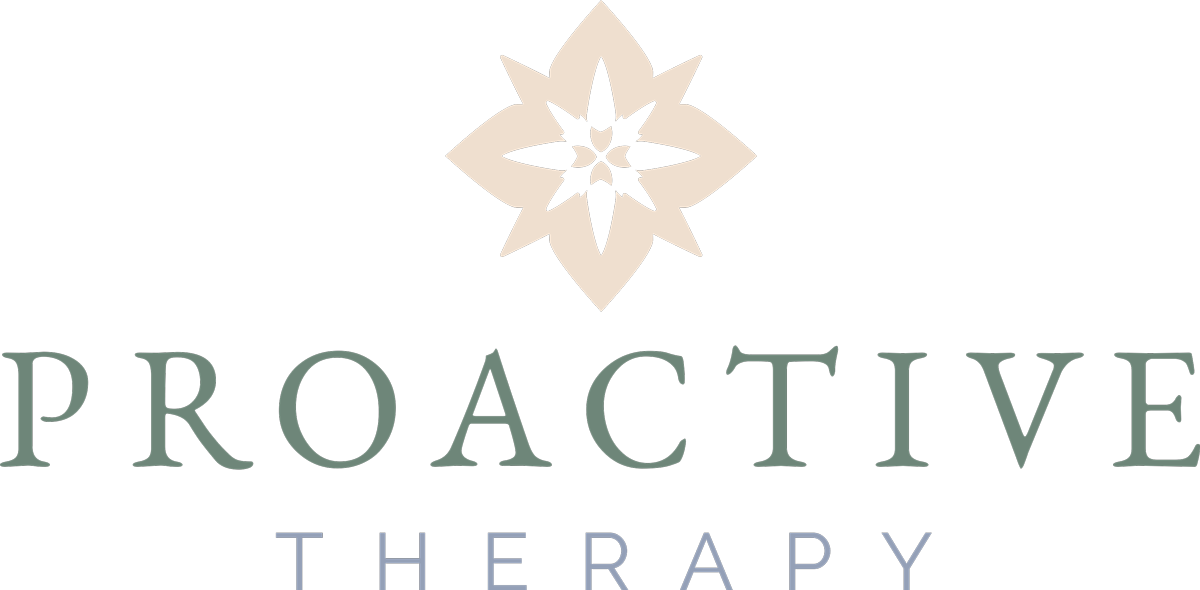Tory Krone, AM, LCSW
FOUNDER & MANAGING DIRECTOR
Tory is the founder and managing director of Proactive Therapy. Tory obtained her BA in Psychology from Duke University and completed a post-graduate program at Georgetown University on the Science of Effective Human Development. For graduate school, at The University of Chicago, Tory pursued a dual administrative and clinical advanced degree, which furthered her desire to facilitate change on both macro and micro levels.
Tory spent three years of postgraduate work training extensively in the latest forms of Cognitive Behavioral Therapy. This included two years of training under a University of Chicago Professor in a comprehensive DBT/ACT outpatient program, and one on one training with Dr. John Forsyth, renowned author and ACT trainer. In addition to her work as an individual, couples, and group therapist across the whole continuum of care, she has taken on leadership roles in outpatient, partial hospital, and residential treatment settings.
Most recently, Tory was the Clinical Director of a treatment center located in the northern suburbs of Chicago. In this role, she was responsible for developing the clinical program, supervising all clinical staff, and overseeing all operations. Prior to that role, she was the Director of Clinical Training and on the faculty of the Clinical Development Institute of Timberline Knolls, a nationally renowned residential treatment facility for women. Tory was responsible for training the clinicians at Timberline Knolls and gave national presentations on the use of ACT and DBT in the treatment of eating disorders, co-occuring disorders, addictions, and trauma.
Tory is passionate about staying at the forefront of behavioral health research and innovation in order to ensure unparalleled, evidence-based care to all Proactive clients. Tory is a level 3 trained Gottman couples therapist, and she specializes in couples therapy.







Most people enter therapy with the goal of feeling better. Many of my clients tell me, “I just want to be happy.” Makes sense. Who wouldn’t want to feel happy? But what if I told you, that in order to feel happy, we also need to be willing to feel pain. In other words—we can’t “feel better” without first getting better at feeling.